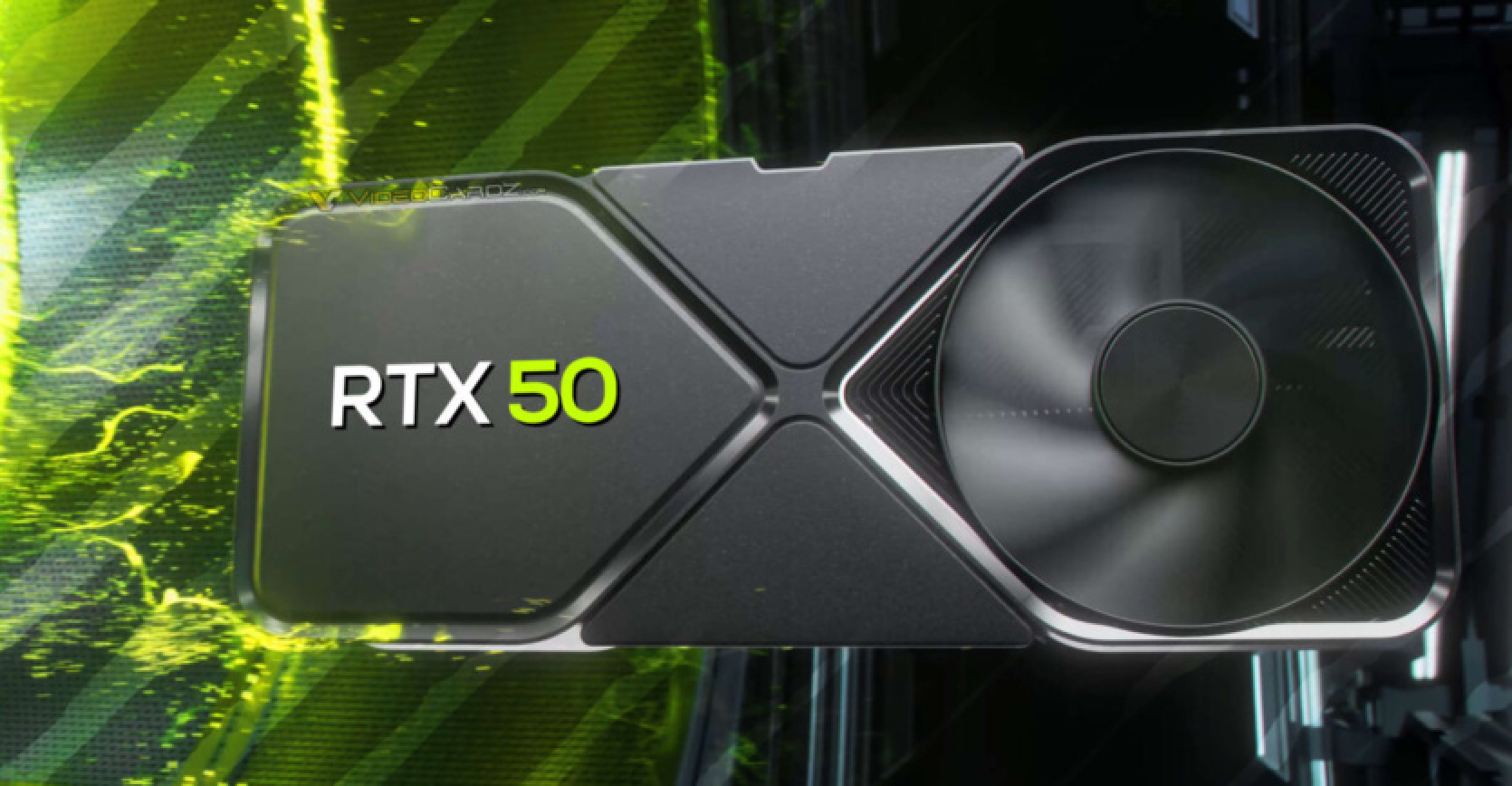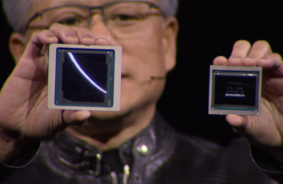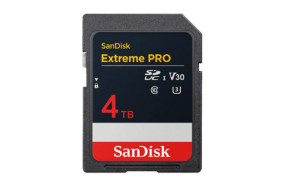The insider Kopite7kimi shared some new details about the future NVIDIA GeForce RTX 50 series video cards. Previously, he claimed that the flagship of this lineup would have a 512-bit memory bus, but after a few months this information was refuted in favor of information about a 384-bit bus. Now Kopite7kimi is again talking about the 512-bit variant without going into details. Apparently, NVIDIA is considering different memory specification options, which is why there is conflicting information from insiders.
I think my persistence is correct.
— kopite7kimi (@kopite7kimi) March 11, 2024
What's even more important, Kopite7kimi claims that the new GeForce RTX 50 series will use GDDR7 memory with a bandwidth of 28 Gbps, significantly exceeding the capabilities of GDDR6X. At the same time, NVIDIA still has many opportunities for future upgrades, as GDDR7 memory can achieve speeds of over 32 Gbps.
28Gbps.
— kopite7kimi (@kopite7kimi) March 11, 2024
3GB GDDR7 modules are likely not to be used in the first wave of the RTX 50 lineup. However, it is known that they are in development and should be introduced next year. Therefore, NVIDIA will be able to release mid-range and entry-level graphics cards, for which new memory capacity options will be available.
Even if NVIDIA sticks to the existing memory bus width on its next-generation gaming video cards, it will still lead to significantly higher bandwidth thanks to faster GDDR7 memory. However, if NVIDIA does apply the 512-bit variant, it would mean that the new GPU could support an even larger memory capacity and provide almost 80% higher bandwidth than AD102.
The publication also mentions that the graphics processor GB203 may be half of the GB202. At the same time, it is not confirmed (nor denied) that the GPU GB202 uses a package of multiple chiplets. The current flagship AD102 can boast 80% more cores compared to AD103. This has elevated the RTX 4090(D) graphics processors to a completely different level of performance. If NVIDIA applies a similar approach to the Blackwell series, we may again witness a significant performance gap between the RTX 5090 and 5080 models, especially considering the circulating rumors about a 512-bit memory bus.
Source: videocardz














Comments (0)
There are no comments for now